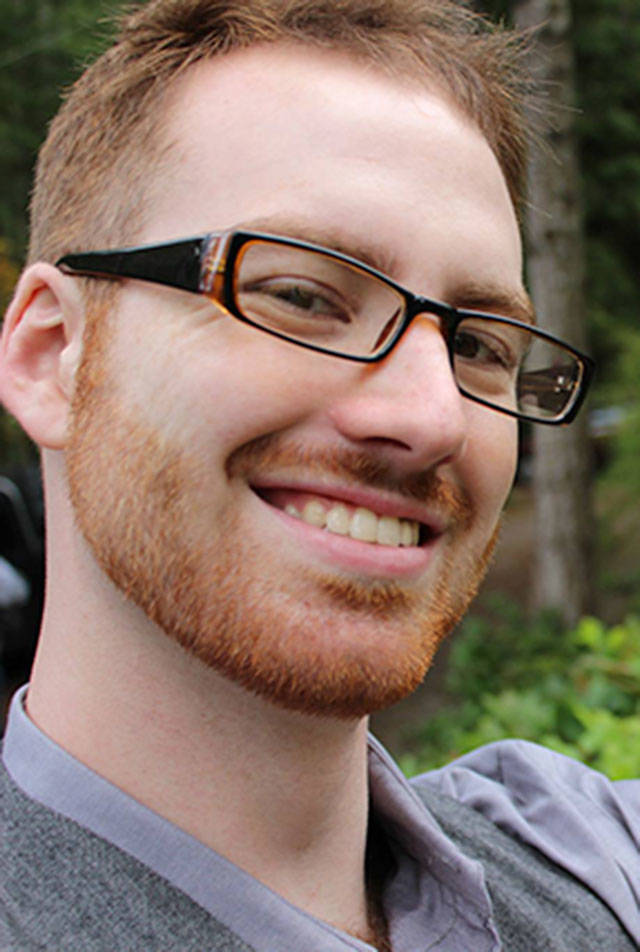Tomorrow, America celebrates its independence.
Independence means so much to so many. As Foo Fighters’ Dave Grohl is quoted saying, “You can sing a song to 85,000 people and they’ll sing it back for 85,000 different reasons.”
Every day, we debate and challenge our freedoms — our rights to free speech, bear arms, vote, marriage, religion, privacy, and countless others — and their limits. Freedom is not, and never should be, a static concept; it must change with the times, but not without extreme consideration.
Of course, how those freedoms should be adapted is a matter of opinion; when one part of the country cheers, another feels trampled on.
But no matter which way the pendulum swings, you know you have allies in your local, state, and federal government, someone whose voice, values, and most importantly, votes, match your own, and that’s a blessed concept.
Which is why I’d like you to imagine having no political voice, at least in your federal government.
Not just that you think your voice isn’t heard, which is an understandable feeling. I literally mean no senators. No representatives, or at least any with a vote on the floor. And no right for you to fill out a general election ballot to choose the next president of the United States.
That’s the reality 4 million Americans live with, and the only reason they’re saddled with fewer rights than the rest of us is because they were born in one of five American “territories” (read: colonies): Puerto Rico, Guam, American Samoa, the Northern Mariana Islands, and the U.S. Virgin Islands.
And just so I’m explicitly, exceptionally clear, these people are 100 percent legal, bona fide, red-blooded, sure-as-shooting American citizens.
Well, except for American Samoans — they’re U.S. nationals, which means they have even fewer rights than their occupied peers, as they can’t vote in any election or hold any public office.
That, of course, is ridiculous, and is made ludicrous once you factor in that American Samoa had the highest military recruitment rate in 2014 and 2015 (153 and 171 recruits respectively) out of the 885 total recruitment stations across the country, other colonies, and allied nations.
Yes — there are hundreds of U.S. soldiers who will gladly fight for the freedoms you are about to celebrate while those rights are denied to them.
Guam and Puerto Rico are in the same boat: One in eight Guaminians — an estimated 20,500 people — are U.S. veterans, and more than 200,000 Puerto Rican soldiers have served in every military conflict since World War I, but their representatives to the House can’t vote on a declaration of war, they have no senators, and they have no right to pick their commander in chief.
(That doesn’t stop Guam from holding a straw poll for president every four years, which, interestingly enough, has predicted which candidate received the most electoral votes since 1980, the only exception being the 2016 election.)
Speaking of Puerto Rico — home to 3.4 million Americans (roughly six times the population of Wyoming) — it would get five representatives in the House if it became a state. That’s nothing to sneeze at, since that’s more or equal to nearly half the representation other states get.
Additionally, becoming a state would give Puerto Rico seven electoral votes, more votes than 21 other states.
But whether the colony wants to become a state is still up in the air. There was a 2017 referendum where 97 percent of people who participated voted to become the 51st state — but only 23 percent of the population voted.
It’s unclear whether other colonies want to be independent or try to become a state. In 1987, Guaminians voted to become a commonwealth like Puerto Rico (meaning it would have its own local government) but it was rejected by Congress, and there hasn’t been another referendum on its political status with the U.S. since. Other colonies had similar discussions in the 1950s and 60s, but I found little information on how their residents feel about their second-class citizenship in the present.
That should really change, because while Americans enjoy freedoms that can’t be found anywhere else in the world, we are not free to be unequal, and despite the fact inequality is pervasive in all of American history, we should always be striving toward that shining standard.
And what better place to keep that momentum going than with our colonies.
It’s long past time for Congress to lead the statehood debate, and for Puerto Rico, Guam, American Samoa, the U.S. Virgin Islands, and Northern Mariana Islands to seriously consider what they want — to be fully incorporated as a state, with full access to the rights and responsibilities all Americans shoulder, or to become independent nations, with constitutions and governments of their own.
All people are equal. No “ifs,” “ands,” or “buts” about it.
The song of the American Empire must end; let’s sing to the United States of America.


